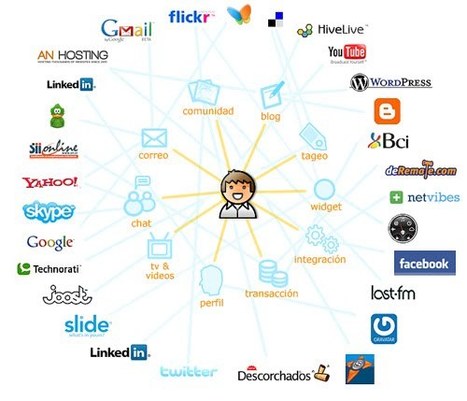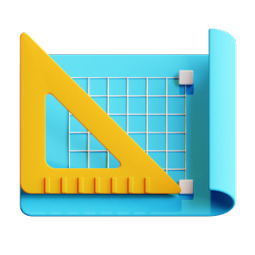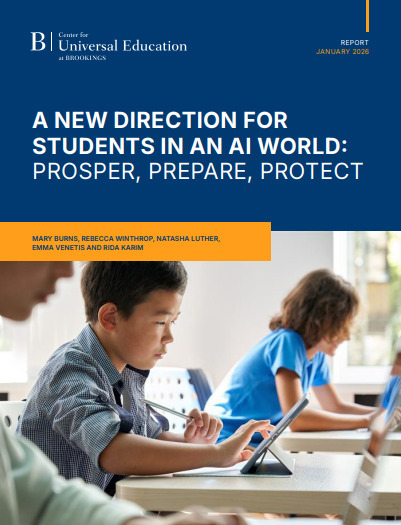
|
Scooped by
Nik Peachey
onto Learning & Technology News May 13, 2011 4:12 AM
|
Get Started for FREE
Sign up with Facebook Sign up with X
I don't have a Facebook or a X account
 Your new post is loading... Your new post is loading...
 Your new post is loading... Your new post is loading...

Richard Platt's curator insight,
January 21, 2:32 AM
Video is a great way to promote your online teaching services or make money from online courses, but for a lot of teachers the idea of getting in front of a camera or learning an editing programme is just too daunting. If this is you, Jo Gakonga's Video Creation for Educators programme might be just the ticket. Jo's course gives teachers the confidence and skills to make video they're proud to use -check it out and get £50 off with the code NIK50

Richard Platt's curator insight,
January 21, 2:34 AM
How can we evaluate, integrate and govern these rapidly evolving technologies responsibly, so that they enrich rather than displace the irreplaceable human elements of education? We have

Manuel Jesus's curator insight,
January 14, 3:40 PM
Este artículo ofrece una reflexión muy valiosa sobre cómo la educación y la crianza deben adaptarse a los tiempos actuales, marcados por cambios constantes y la presencia creciente de la inteligencia artificial. Destaca la importancia de formar a los estudiantes y los niños no solo en contenidos, sino en habilidades de pensamiento crítico, síntesis de información y toma de decisiones éticas, elementos esenciales para enfrentar problemas complejos y participar de manera responsable en la sociedad. Además, subraya que la tecnología, incluida la IA, debe ser una herramienta que complemente la enseñanza y fomente la curiosidad, nunca un reemplazo del juicio humano. También resalta la necesidad de que adultos y educadores acompañen a los jóvenes, promoviendo la alfabetización digital, hábitos de seguridad y capacidad para cuestionar lo que consumen. En conjunto, es un llamado a repensar la educación, la guía familiar y la integración tecnológica para preparar a las nuevas generaciones de manera integral y consciente.

Richard Platt's curator insight,
November 19, 2025 11:47 AM
Regardless of the subject or age group we teach, most of us would like our students to think more critically about what they are learning and how it relates to the world around them.

Marco Bertolini's curator insight,
October 23, 2025 3:41 AM
Students need clarity and be trained, educated in using AI. 
Richard Platt's curator insight,
November 1, 2025 3:08 PM
Why Students Need Clarity, Not Chaos. - The future of teaching with AI doesn’t require omniscience. It requires courage to draw lines, explain why they matter, and revise them together when the world shifts again. |

anita92delarosa@gmail.com's curator insight,
January 16, 8:29 AM
El informe “A New Direction for Students in an AI World: Prosper, Prepare, Protect” (Brookings, 2026) analiza los efectos de la inteligencia artificial en la educación y advierte que, si se usa sin regulación y preparación adecuada, puede generar riesgos sobre el aprendizaje, la privacidad y la equidad. Propone tres pilares: Prosper, para enriquecer el aprendizaje sin sustituir el pensamiento; Prepare, para fortalecer la alfabetización en IA y la formación docente; y Protect, para garantizar la seguridad y el bienestar estudiantil. Críticamente, aunque ofrece un marco útil, el informe enfatiza los riesgos más que los beneficios potenciales, y sugiere que la integración efectiva de IA requiere evidencia empírica, formación docente y adaptación curricular.
Referencia Bibliográfica: Burns, M. et al. (2026). Una nueva dirección para los estudiantes en un mundo de IA: prosperar, prepararse, proteger. Centro para la Educación Universal en Bookings. https://www.brookings.edu/wp-content/uploads/2026/01/A-New-Direction-for-Students-in-an-AI-World-FULL-REPORT.pdf

EDTECH@UTRGV's curator insight,
January 6, 12:10 PM
"The leaders who thrive are the ones who adapt with purpose, aligning every experiment with strategy and using AI to elevate, not erode, human skills." 
Richard Platt's curator insight,
January 9, 9:37 AM
"The leaders who thrive are the ones who adapt with purpose, aligning every experiment with strategy and using AI to elevate, not erode, human skills." |


































